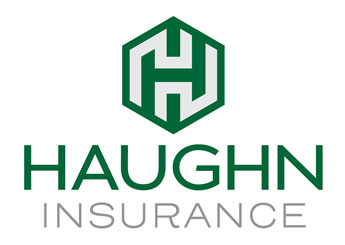
Construction project parties must make a choice when purchasing a wrap-up insurance program—assuming the project is large enough and specific criteria are met. Will the owner decide to be responsible for the procurement of the insurance, or does the owner leave it up to the contractor to handle? There are compelling reasons for both.
Depending on what an operation’s needs are, this could be the time for a Contractor-Controlled Insurance Program (CCIP) or an Owner-Controlled Insurance Program (OCIP). What what’s the difference between the two? Let’s break it down.
All About CCIP
The contracting community has made a very compelling case to the owners that they (the contractors) are simply in a better position to control the procurement process since they’re contractually controlling the subcontracting process.
Most wrap-up insurance programs are loss-sensitive (the sponsor is responsible for the deductible losses), so safety becomes priority number one. Although still contractually obligated to provide a safe site, the contractors have opined that they are best able to control the claims through a safe work environment. Meaning that the procurement of a CCIP is simply an extension of the contractors’ scope of work responsibilities.
In that case, they should be rewarded with savings. Not only will an excellent safety culture result in monetary rewards, so will the ability to extract the highest level of “deducts” from the trades. The final cost of the program will be compared to the final collected insurance deducts. The contractor is in a great contractual position to control this process; with the privity of contract with the trades, they can best negotiate the highest level of deducts.
A CCIP is in many ways a natural extension of the construction manager’s master risk management program and can add value by applying a more sophisticated insurance claims management process.
When You Need OCIP
Completed-operations coverage extends typically 3 years beyond the construction period and quite often beyond the closing of the developer’s/owner’s construction loan. Although coverage continues to be in place to protect all insureds in the event of a completed-operations claim, it continues with the large deductible in place, which is the responsibility of the sponsor.
Under an OCIP, the owner is the sponsor and remains exposed to the deductible for the completed-operations extension period. This exposure makes it difficult for owners to ultimately cap their project costs and close their construction loans within a year or so of the project completion. In addition, unlike an OCIP, owners don’t need to be concerned with the overall CCIP administration.
Contractors with large asset bases and substantial surety programs have more capacity to deal with insurer collateral requirements in CCIPs. The sponsor in an OCIP must bear the claims exposure until all claims are closed or a buyout is negotiated with the insurer.
In the spirit of partnership, all parties should decide beforehand, which is the best way to proceed. Many owners may be quite comfortable assuming the risks and might even be willing to share a portion of the savings with the contractors for a job well done, and the contractor may be willing to do the same under a CCIP. Determine the most logical approach given the project specifics. It can be a win-win for all parties.
About Haughn & Associates
Founded by Michael Haughn in 1986, Haughn & Associates is a full-service, family-owned, independent insurance agency based out of Dublin, Ohio. H&A strives to provide the best possible price and unique insurance solutions across a myriad of industries, including construction, IT, Habitation & Commercial Property, Agriculture, and Engineering. Devoted to providing the best of business insurance, life and disability insurance, personal insurance, employee benefits, and bonds, H&A is proof that success lies in long-standing client relations and satisfaction. To learn more about how H&A can be of service to you, contact us at (877) 802-2278.

